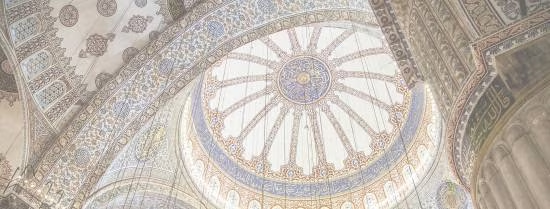
Erasmus Economics and Theology Institute (EETI)
The Erasmus Economics and Theology Institute is a knowledge center for education, research and training focusing on the intersection of theology and economics.
EETI cooperates with EIBE, the Erasmus Institute for Business Economics, to realize their shared goals and mission of a value-based economic science, i.e. economics and humanities. Its courses are offered in collaboration with ESAA (Erasmus School of Accounting & Assurance).
Objective
The objective of EETI is to contribute to a healthy society where people can flourish. We do this by engaging in the following activities:
- fundamental research into the interaction between the economy and religion, and economics and theology;
- participation in regular bachelor and master programs and
- post-experience programs, executive programs and contract research
Background
Before economics developed into a science, as an independent discipline, questions and subjects related to economics were dealt with in theological treatises. Questions regarding human behaviour, virtues and vices in economic and social activity were considered in the wide context of religion and theology.
For a long time, economics has denied the relevance of these relationships, looking upon the economy as an autonomous domain of knowledge and study. Nowadays, however, there is growing awareness of the position and the role of man, the human being with motives and aspirations, an individual story and a collective history, and a life bound by traditions. EETI wants to explicitly explore the relevant questions at the heart of this intersection, by searching for and investigating the answers that the theological traditions have to offer.
It is strongly connected to the person and thinking of Desiderius Erasmus, to whom is referred in the Erasmus University’s name. Desiderius Erasmus (born in Rotterdam in 1467, deceased in Basel in 1536) was a Dutch priest, Augustinian canon, theologian, philologian, philosopher, writer and humanist, who wanted to return to the sources of the European civilization, i.e. the ancient classics and the Christian writings. In this way, he pursued a society where people can flourish.
As the information here presented may show, EETI has its roots in the Christian tradition. While this is a starting point, it is also an invitation. EETI acts in the spirit of Erasmus, explicitly inviting other participants from various religions who want to contribute to the wellbeing of man and his world.
All images courtesy by Riccardo Budini.
